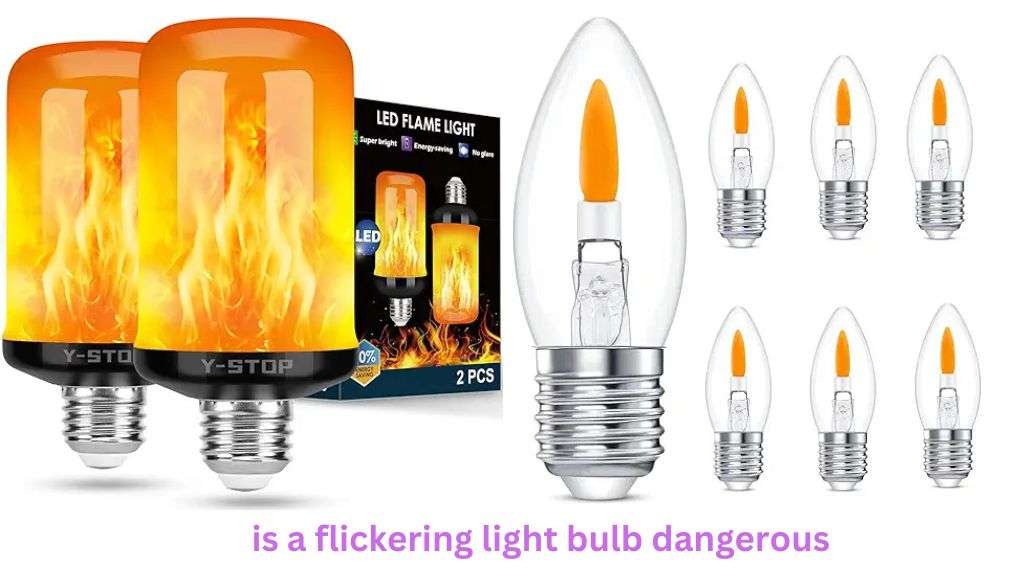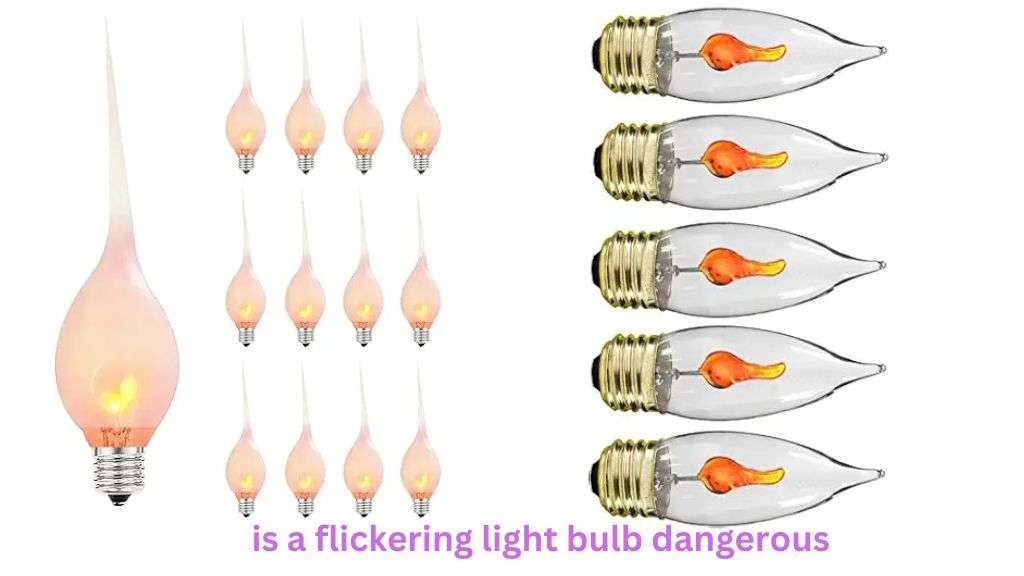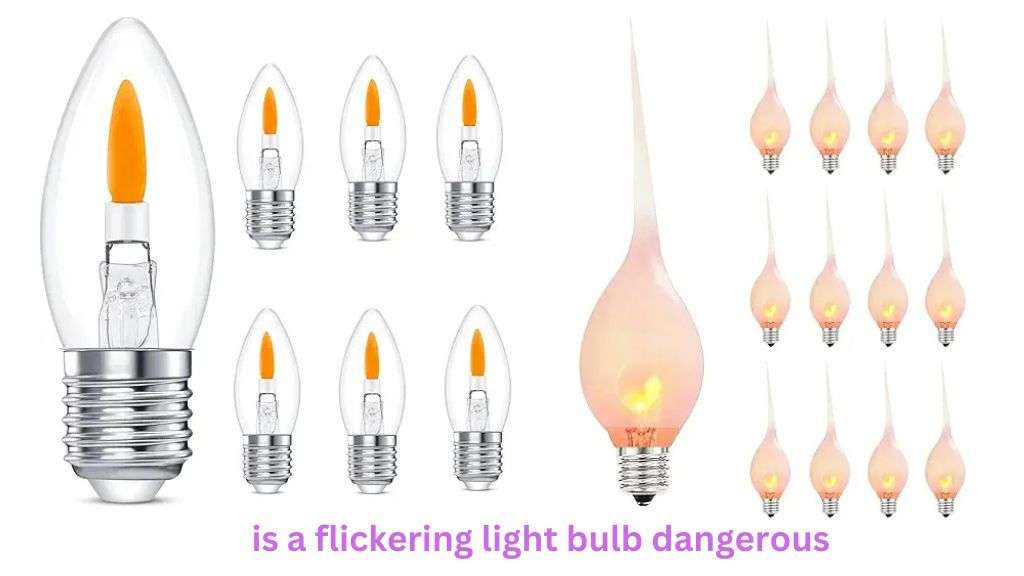Electrical issues are more than just a minor annoyance—they’re a potential threat to your home’s safety. Research indicates that electrical malfunctions contribute to approximately 35% of residential fire incidents. A seemingly innocent flickering light might be broadcasting a critical message about your home’s electrical health.
Understanding the Root Causes of Light Flickering
1. Connection and Installation Problems
- Improperly seated bulbs can create intermittent electrical contact.
- Ensure bulbs are correctly and securely installed in their sockets.
- Check for any visible socket damage or wear
2. Compatibility and Power Dynamics
- Not all dimmer switches work with every lightbulb type.
- Mismatched dimmers can cause uneven power distribution
- Always verify bulb and dimmer compatibility before installation
3. Electrical System Instabilities
- Voltage variations frequently signal more serious problems with the electrical system.
– Potential causes include: - Overloaded electrical circuits
- Aging power supply infrastructure
- Insufficient electrical panel capacity

Recognizing Potential Electrical Hazards
Fire and Safety Risks
Flickering lights can be an early warning system for serious electrical problems:
- Potential indicators of short circuits
- Signs of overloaded electrical circuits
- Evidence of potential wire damage or deterioration
Health and Environmental Impacts
Persistent light flickering can affect:
- Neurological health (migraine triggers)
- Visual comfort and eye strain
- Concentration and productivity
- Psychological well-being
- Risks for individuals with photosensitive conditions
Critical Moments Requiring Immediate Action
Warning Signs Demanding Professional Intervention
- Flickering across multiple light fixtures
- Presence of burning odors
- Outlet discoloration
- Frequent bulb burnouts
- Noticeable light intensity variations
Proactive Electrical Safety Strategies
DIY Preliminary Checks
- Inspect socket conditions
- Verify bulb installations
- Avoid circuit overloading
- Use a multimeter to check voltage stability

- R
Professional Solutions
– Conduct comprehensive electrical system assessments
– Replace outdated or damaged fixtures
– Upgrade electrical panels when necessary
– Implement modern, energy-efficient lighting solutions
Conclusion: Vigilance is Key
While not every instance of flickering lights signals imminent danger, understanding potential risks is crucial. Regular maintenance, prompt investigation, and professional electrical inspections form your primary defense against potential electrical hazards.
Remember: Your home’s electrical system requires the same careful attention you’d give to any critical infrastructure protecting your family’s safety.
Related articles:


